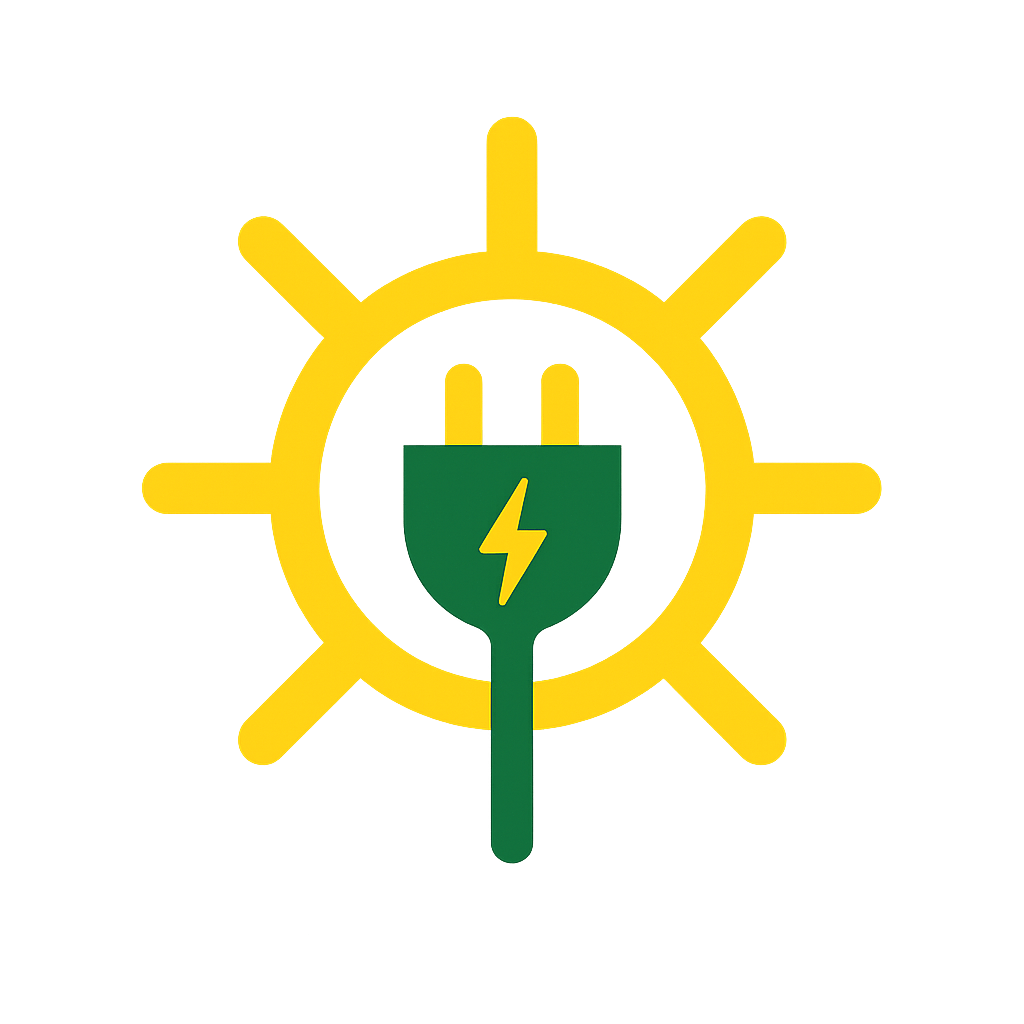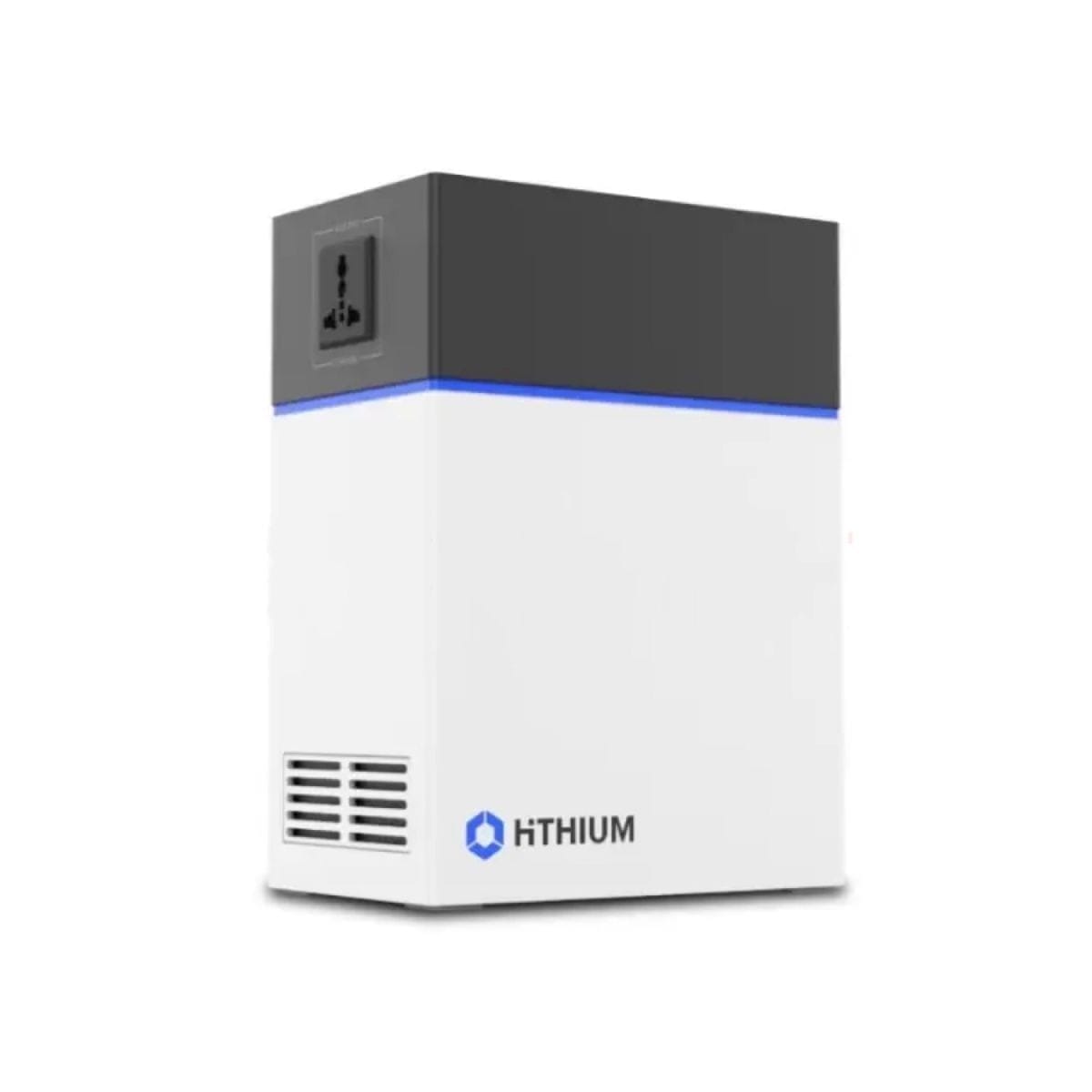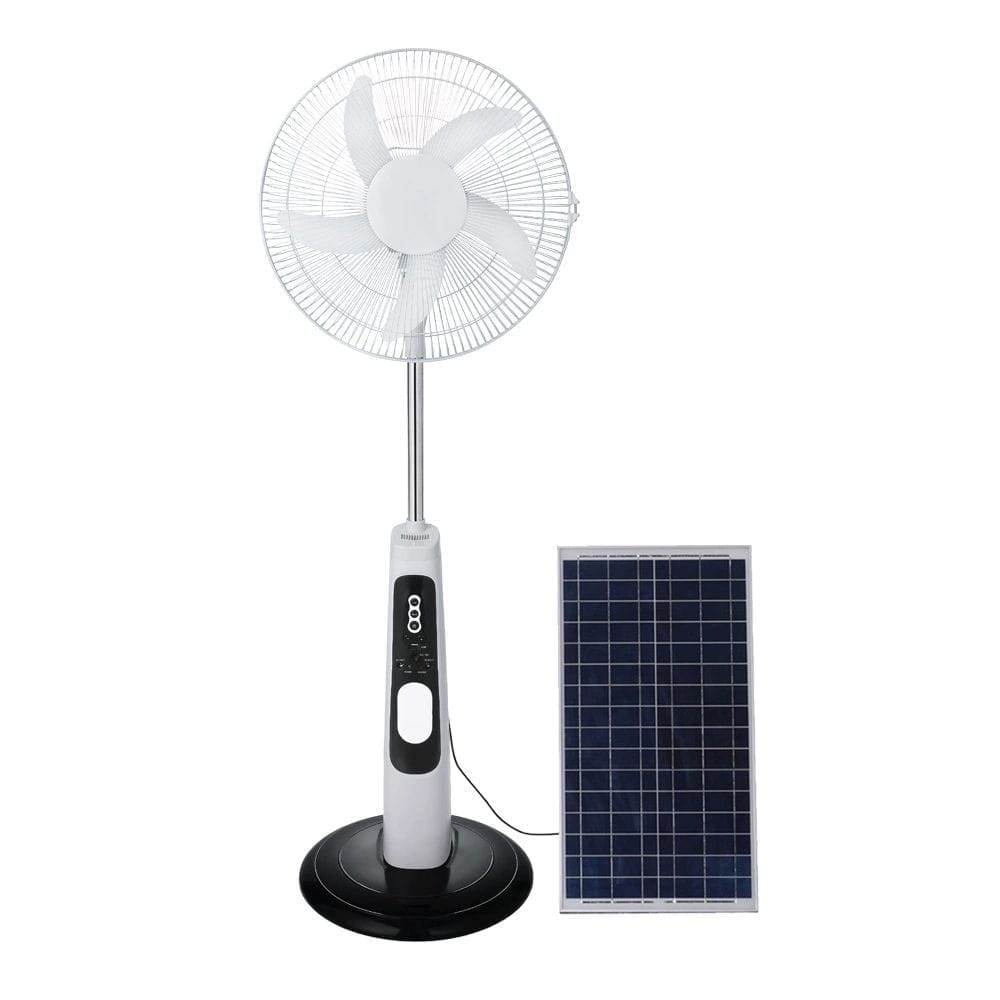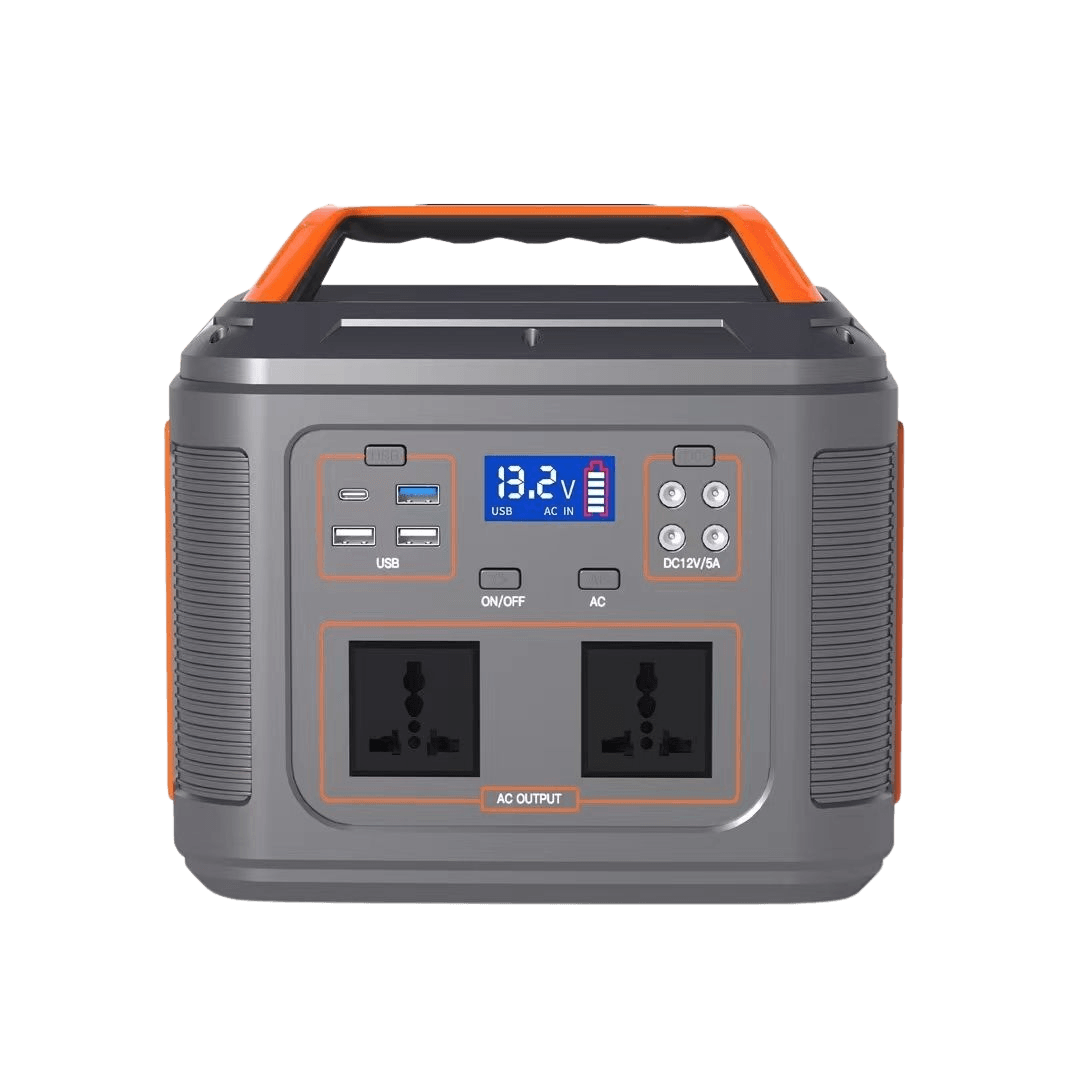Solar Power vs Generator: Which One Saves More Money?
In many Nigerian homes and businesses today, there’s a constant question: Should I invest in a solar power system or stick with my generator? Both have their pros and cons, but when it comes to long-term financial savings, the answer may surprise you. With the rise of fuel prices, unstable power supply, and increasing awareness about sustainable energy, more Nigerians are beginning to weigh their options seriously.
Let’s break down the real costs and benefits of both systems so you can make an informed decision that saves you more money in the long run.
Initial Investment: Upfront Costs
Generator:
Generators have a lower initial cost compared to solar power systems. You can purchase a small petrol generator for as low as ₦100,000 – ₦250,000 depending on the brand and capacity. A bigger diesel generator may cost between ₦500,000 – ₦2,000,000.
However, this is just the beginning.
Solar Power:
Setting up a basic solar power system (including solar panels, charge controller, inverter, and battery) starts from around ₦300,000 to ₦500,000 for small loads. For more comprehensive setups that can power refrigerators, TVs, fans, and more, you may need to budget ₦1,000,000 or higher.
Verdict: Generators win in terms of lower upfront cost. But don’t conclude yet — there’s more to the story.
Running Costs: Fuel and Maintenance
Generator:
The hidden money trap in generators is the recurring cost of fuel. A small petrol generator consumes about ₦1,500–₦2,500 worth of fuel daily if used for 5–8 hours. That adds up to ₦45,000–₦75,000 monthly!
On top of that, you have to deal with:
Routine servicing (oil changes, spark plugs, etc.)
Mechanical breakdowns
Noise and fumes
Cost of oil: ~₦2,500 per quart every 2–4 weeks
That’s a steady drain on your finances.
Solar Power:
Once installed, solar systems generate electricity from sunlight — absolutely free. The major running cost is practically zero. Occasionally, you might need to change the battery after 3–5 years, but that’s a one-time expense.
Verdict: Solar wins massively in the long run. Zero fuel. Minimal maintenance.
Lifespan and Durability
Generator:
Generators can last 3–7 years depending on usage, brand, and maintenance. However, heavy usage shortens their lifespan quickly. Overheating, wear and tear, and poor fuel quality often affect performance.
Solar Power:
Solar panels come with warranties of 20–25 years. Inverters and batteries can last 5–10 years with proper use. These systems are built to last, especially when quality components are used.
Verdict: Solar wins again — it's a long-term investment that keeps giving.
Reliability and Convenience
Generator:
Generators require you to:
Buy and store fuel regularly
Deal with noise pollution
Handle fumes and carbon monoxide
Start manually in many cases (especially budget models)
Also, during fuel scarcity, your generator becomes useless.
Solar Power:
Once installed, solar systems work automatically. During sunny days, your battery charges while you use power. It’s silent, clean, and doesn’t require daily attention.
Verdict: Solar is more reliable and convenient, especially for day-to-day living in Nigeria.
Environmental Impact
Generator:
Generators release carbon monoxide, particulate matter, and harmful gases into the environment. Over time, this contributes to:
Air pollution
Noise disturbance
Health hazards
It’s not eco-friendly.
Solar Power:
Solar energy is clean, green, and renewable. It helps reduce your carbon footprint and supports environmental sustainability. Nigeria, being a sunny country, has an abundance of solar potential.
Verdict: Solar is eco-friendly and future-proof.
Resale Value and Incentives
Generator:
Generators depreciate fast. A generator that cost ₦200,000 might be worth ₦50,000 after two years. There are no incentives or rebates for using one.
Solar Power:
Solar installations can increase the value of your home. Some businesses and governments also offer grants, tax incentives, or discounts (mostly abroad for now, but Nigeria is catching up).
Verdict: Solar has better long-term value.
Who Benefits More from Solar?
Solar is not just for the rich. Many Nigerian families in urban and rural areas are already enjoying the benefits of affordable solar products like:
Rechargeable solar fans
Solar lanterns
Solar home kits
Solar-powered CCTV and street lights
Whether you’re a student, small business owner, or working parent, there's a solar solution that can replace your generator gradually and save you money.
Real-Life Example: Let’s Do the Math
Let’s compare the 3-year cost of running a generator vs. a basic solar setup:
Generator:
Cost: ₦150,000
Fuel: ₦60,000/month x 36 months = ₦2,160,000
Maintenance: ~₦10,000/year x 3 = ₦30,000
Total = ₦2,340,000
Solar System:
Cost: ₦500,000
Maintenance: negligible
Battery replacement after 4–5 years (not yet due)
Total = ₦500,000
Total Savings: ₦1,840,000 in just 3 years!
Addressing the Common Myths
"Solar doesn’t work during rainy season."
False. It still generates electricity from daylight, even on cloudy days."It’s too expensive."
Not when you compare it to fuel expenses."Only the rich can afford it."
There are affordable solar kits and payment plans available.
Final Verdict: Solar or Generator — Which Saves More?
In every angle — cost, maintenance, convenience, durability, and environment — solar wins hands down. While a generator may seem cheaper upfront, the recurring expenses make it a financial trap over time.
✅ Solar power is an investment.
❌ Generator is an expense.
Ready to Make the Switch?
At SolarPawa, we provide reliable, affordable, and efficient solar products tailored to Nigerian homes and small businesses. Whether you're looking for:
Rechargeable solar fans
Solar power stations
Portable solar panels
Solar CCTV cameras
Installation services
We’ve got you covered.
👉 Visit www.solarpawa.com to explore our products.
Or chat with us on WhatsApp now to learn more.
Frequently Asked Questions
Q: Can I use solar to power my fridge or TV?
A: Yes. With the right size inverter and battery capacity, you can power most home appliances.
Q: What happens at night?
A: Your battery stores solar energy during the day to power your home at night.
Q: How long does a solar power station last?
A: Panels last 20–25 years; batteries 3–10 years depending on type.
About the author
Emayoma Abbey
Email: info@solarpawa.com
Emayoma Abbey is the founder of SolarPawa.com, a platform dedicated to empowering individuals and communities to embrace clean, reliable, and affordable solar energy. With a strong passion for solving real-world power challenges, Emayoma focuses on providing practical, easy-to-understand information that helps people take control of their energy needs.
ABOUT
SolarPawa is Nigeria's trusted online store for affordable and reliable solar energy solutions.
Created with © Emayoma Abbey



